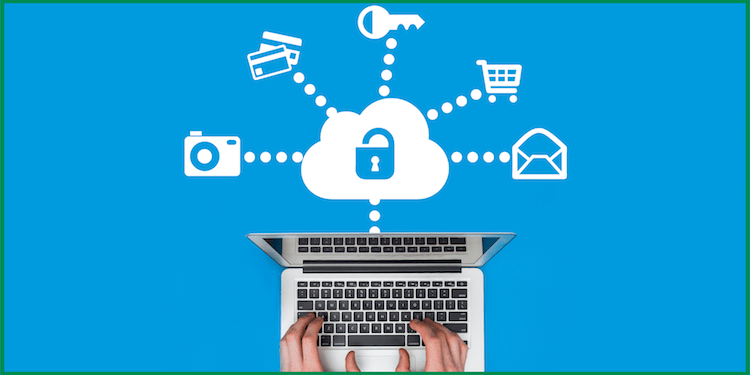This beginner’s guide to online security is easy steps to follow and attain.
The cyber-attack risk is imminent and will likely be here for an extended period. Yet, we can reduce the risk of getting our information hacked online.
Cybercrimes are on the rise. Zero-day attacks are increasing with high frequency.
Malware, phishing, and online scams are growing due to the end users’ lack of awareness of cyber threats.
Online remote working increased during the covid-19 pandemic and extended to the post-pandemic era as people started connecting remotely, allowing for increased cyber threats and attacks.
Research shows more than 56 million phishing emails are sent daily online. Our communication devices are at more risk today than ever, and the risk is continually rising.
Here are some basic safety approaches for individuals hoping to get secure during online or internet activities.
Login Credential
An electronic mailing address, i.e., email, is essential for all online and internet transactions and activities.
The ages of going to the post office to send a letter are far gone. Nowadays, post offices are primarily used when sending out big or physical products that are impossible to send through the internet. e.g., items of clothing.
Utilizing a unique and robust password is recommendable when creating an email address.
And unique and strong passwords are combinations of upper and lower-case alphabets, numbers, and special characters. (e.g. YOUtube2022$).
Having a strong password will potentially secure your electronic mailing address. A good password should be at least nine characters long and updated frequently.
Password Authentication
An online breach can reveal thousands of usernames, passwords, and vital information.
Authenticating passwords is highly recommendable to prevent our online presence and communication further.
Authentication determines and verifies the identification of a user.
Authentication technology provides access control for systems by verifying who a user claims to be and matching the credentials in a database of authorized users or a data authentication server.
Google Authentication is widely recognized and recommendable.
Protection of Network
A secure login credential is not enough. Ensure that the internet connection is secure and safe. A robust password-protected router encrypts the data and information being sent and received.
Public Wireless Fidelity (Wi-Fi) can sometimes be good but not always the best regarding security.
Most public Wi-Fi internet connections are unsecured. Cybercriminals can quickly get access to electronic devices through unsecured public Wi-Fi.
However, connecting through a Virtual Private Network is recommended if you must use public Wi-Fi.
The intrusion Detection and Prevention system consists of many techniques that record, spot, and potentially block threats in real-time scenarios.
Firewalls
Even if connected to a secure network, firewalls are advisable to create more barriers against online criminals.
Firewalls block unauthorized access to our communication devices and often include comprehensive security programs.
Firewalls ensure that all devices connected to the router, including the Internet of Things (IoT), are safe and secure.
Firewalls monitor the network traffic at different controls and level the network activities using protocols and rules.
It is possible to install firewalls in the form of hardware and software.
Antivirus Software
Antivirus software is like a shine of reflected light in a world of dark viruses.
An individual may comprise a device with malware by downloading data and information from the internet.
Antivirus software provides us security against malware attacks such as viruses, trojans, and ransomware.
Installing good antivirus software can be the difference between the life and death of our communication device.
In this digital world, protecting communication devices while connecting with the internet must be the top priority of everyone.
Click Smart
It is advisable to click wisely and smartly when opening website links—be extra cautious when clicking on links that appear in instant messages and randomly in emails, i.e., phishing.
Phishing emails are pretentious electronic messages that imitate legitimate individuals or organizations.
These emails may require confidential information and mainly target corporate executives for financial gains. Nonetheless, scammers are liable to target anyone regardless of status.
Bottomline
Everyone is responsible for trying their best to make their online activity safe and secure.
As the world is interconnected, everyone must play a part in protecting cyberspace.
Lock communication devices with strong passwords, and don’t share your password with anyone.
Limit personal information online.
Install the latest antivirus software and applications.
Do you enjoy this reading? Kindly share with family, friends, and colleagues. Thanks 🙂



